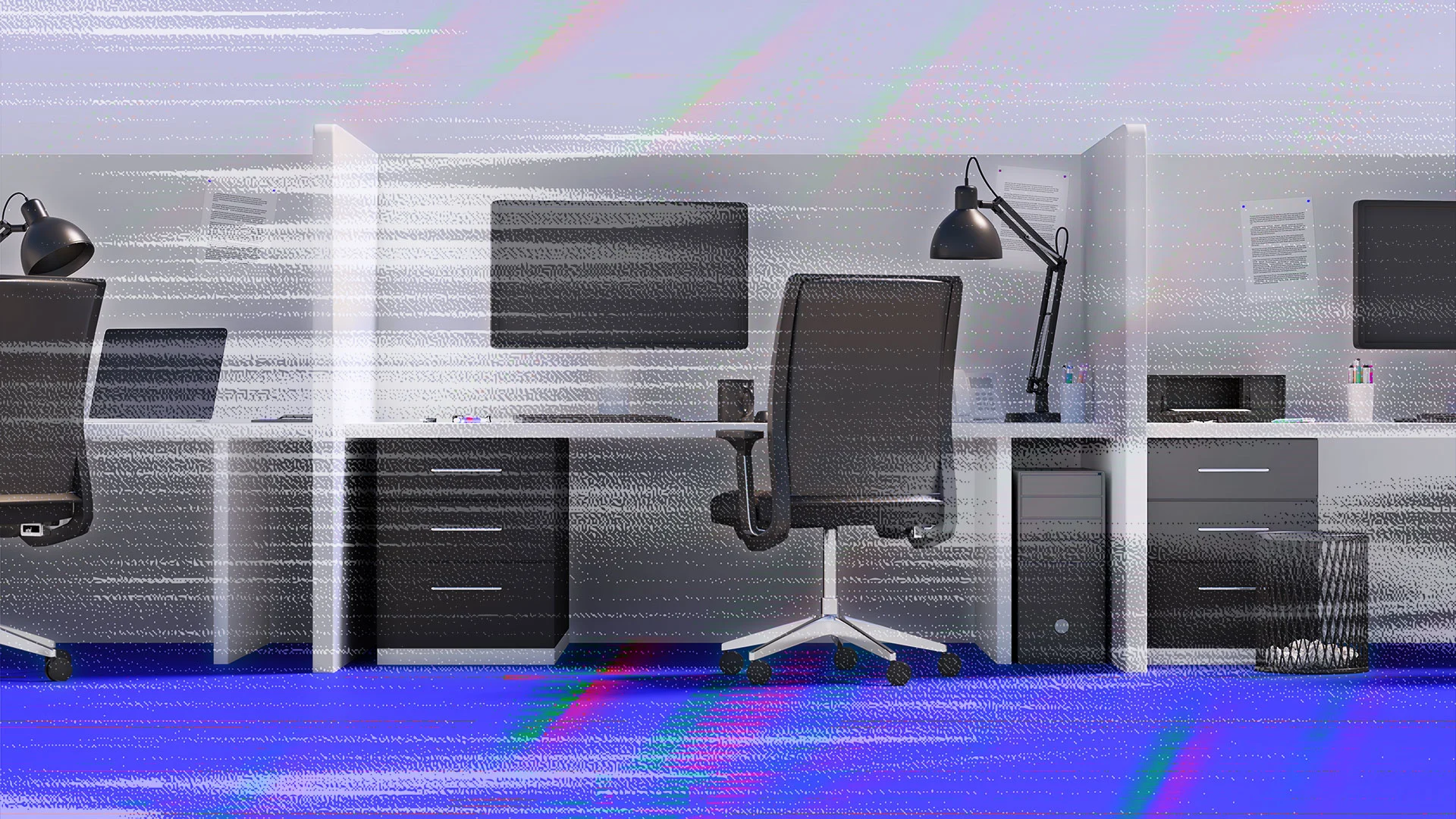
"For years, discussion of how AI might replace tasks, the office, and even employees themselves has dominated the cultural zeitgeist. But until now, there hasn't been much overarching data on how AI is actually changing the workforce. On August 26, researchers at Stanford published what they're calling the "largest scale, most real-time effort" to calculate that impact-and it includes some bad news for Gen Zers."
"The study shows that, for some early career professionals, AI may indeed be making it harder to find a job-despite the fact that, overall, employment "continues to grow robustly." Among workers aged 22 to 25, the researchers uncovered a 13% decline in employment in occupations most exposed to AI, like software developers and customer service representatives, even after controlling for firm-level impacts."
Administrative payroll records from ADP tracked monthly employment across tens of thousands of firms from late 2022 through July 2025 and were combined with occupational AI-exposure measures to assess workforce impacts. Overall employment continued to grow robustly, yet significant heterogeneity appeared across ages, occupations, and firms. Workers aged 22 to 25 in the most AI-exposed occupations experienced a 13% employment decline, with software developers in that cohort falling nearly 20% from their late-2022 peak. Occupational exposure metrics linked customer service and developer roles to larger early-career losses while firm- and role-level differences moderated aggregate effects.
Read at Fast Company
Unable to calculate read time
Collection
[
|
...
]